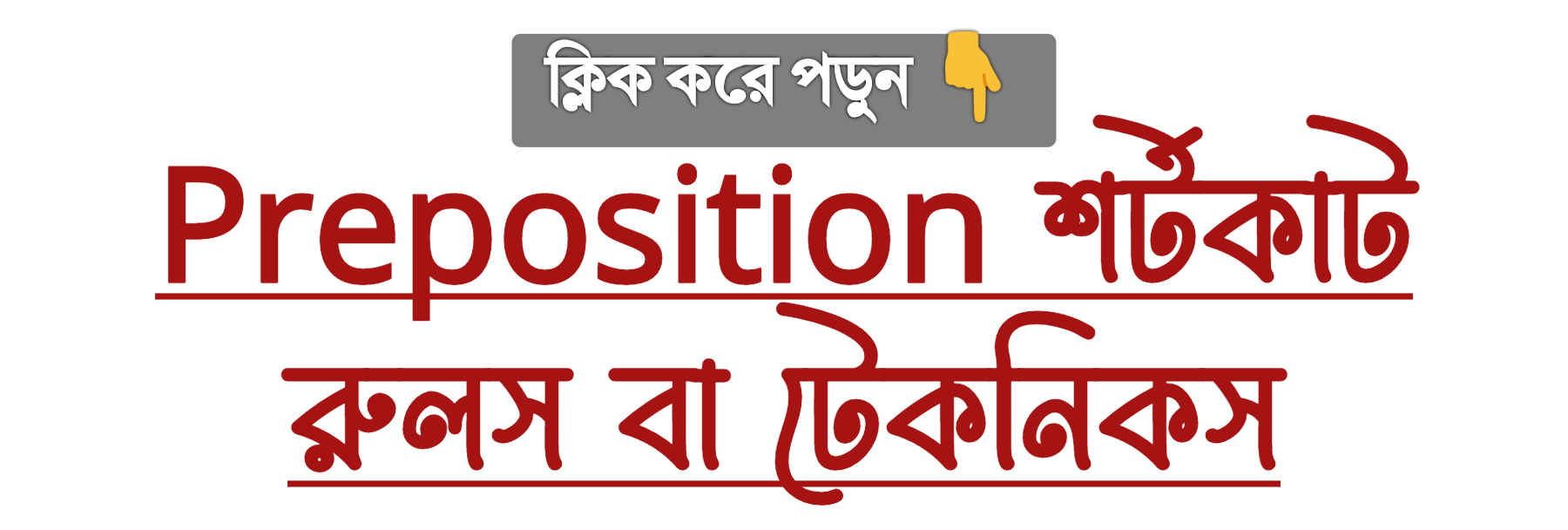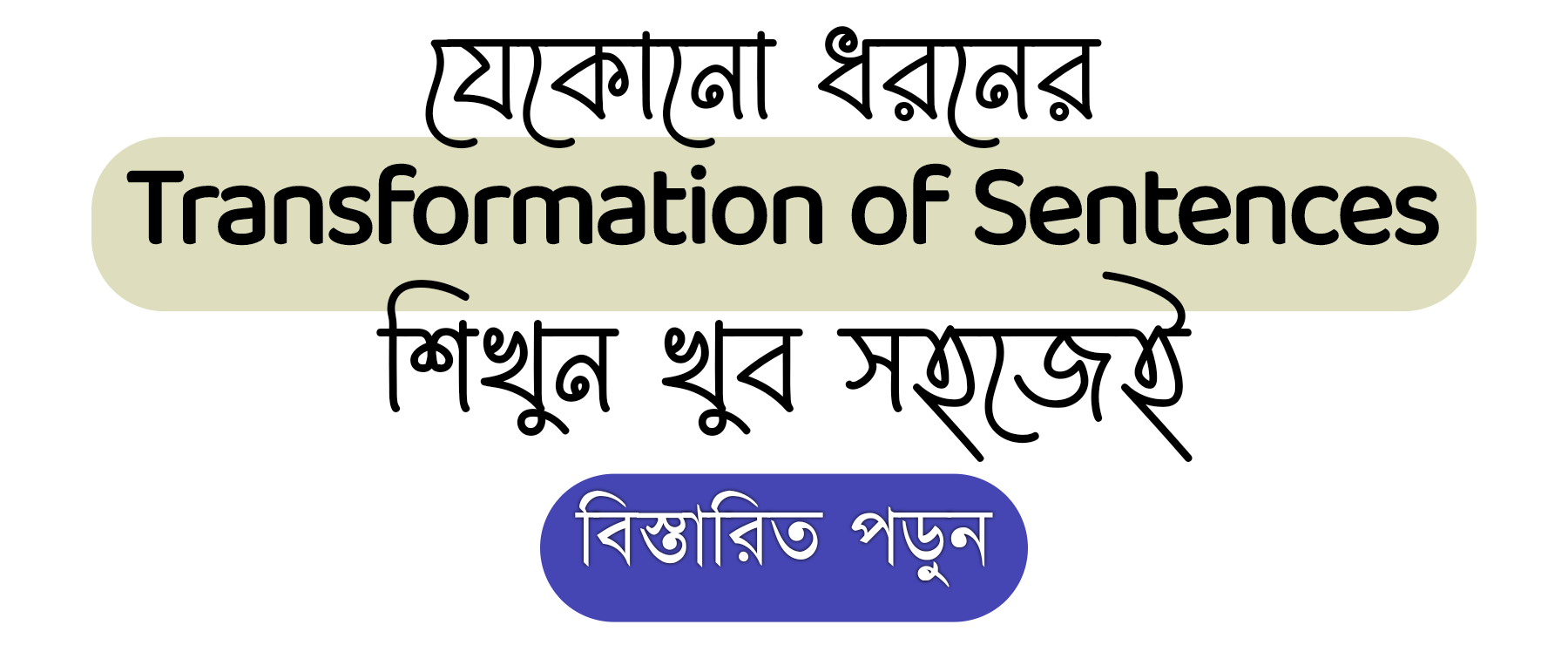English Literature (40th BCS Preli.):
1.Geoffrey Chaucer = The Father of English Literature
2.Geoffrey Chaucer = The Father of English Poetry
3.Geoffrey Chaucer = The Father of English Language
4.Geoffrey Chaucer = The Morning Star of the Renaissance
5.Geoffrey Chaucer = The First National Poet
6.Venerable Bede = The Father of English Learning.
7.Venerable Bede = The Father of English History
8.King Alfred the Great = The Father of English Prose
9.Aeschylus = The Father of Tragedy
10.Nicholas Udall = The First English Comedy Writer
11.Edmund Spenser = The Poet’s poet (by Charles Lamb)
12.Edmund Spenser = The Child of Renaissance
13.Edmund Spenser = The Bridge between Renaissance and Reformation
14.Gutenberg = The Father of Printing
15.William Caxton = Father of English Press
16.Francis Bacon = The Father of English Essay
17.John Wycliffe = The Morning Star of the Reformation
18.Christopher Marlowe = The Father of English Tragedy
19.William Shakespeare = Bard of Avon
20.William Shakespeare = The Father of English Drama
21.William Shakespeare = Sweet Swan of Avon
22.William Shakespeare = The Bard
23.Robert Burns = The Bard of Ayrshire (Scotland)
24.Robert Burns = The National Poet of Scotland
25.Robert Burns = Rabbie
26.Robert Burns = The Ploughman Poet
27.William Dunber = The Chaucer of Scotland
28.John Dryden = Father of English criticism
29.William of Newbury = Father of Historical Criticism
30.John Donne = Poet of love
31.John Donne = Metaphysical poet
32.John Milton = Epic poet
33.John Milton = The great master of verse
34.John Milton = Lady of the Christ College
35.John Milton = Poet of the Devil’s Party
36.John Milton = Master of the Grand style
38.John Milton = The Blind Poet of England
39.Alexander Pope = Mock heroic poet
40.William Wordsworth = The Worshipper of Nature
41.William Wordsworth = The High Priest of Nature
42.William Wordsworth = The Poet of Nature
43.William Wordsworth = The Lake Poet
44.William Wordsworth = Poet of Childhood
45.William Wordsworth = Egotistical Sublime
46.Samuel Taylor Coleridge = The Poet of Supernaturalism
47.Samuel Taylor Coleridge = Opium Eater
48.Coleridge & Wordsworth = The Father of Romanticism
49.Wordsworth, Coleridge, Southey = Lake Poets
50.Lord Byron = The Rebel Poet
51.Percy Bysshe Shelley = The Revolutionary Poet
52.Percy Bysshe Shelley = Poet of hope and
regeneration
53.John Keats = Poet of Beauty
54.William Blake = The Mystic Poet
55.John Keats = Chameleon Poet
56.Lord Alfred Tennyson = The Representative of the Victorian Era
57.George Bernard Shaw = The greatest modern dramatist
58.George Bernard Shaw = The Iconoclast
59.Jane Austen = Anti-romantic in Romantic age
60.Lindley Murray = Father of English Grammar
61.James Joyce = Father of English Stream of Conscious Novel
62.Edgar Allen Poe = Father of English Mystery play
63.Edgar Allen Poe = The Father of English Short Story
64.Henry Fielding = The Father of English Novel
65.Samuel Johnson = Father of English one Act Play
66.Sigmund Freud = A great Psycho-analyst
67.Robert Frost = The Poet of Terror
68.Francesco Petrarch = The Father of Sonnet (Italian)
69.Francesco Petrarch = The Father of Humanism
70.Sir Thomas Wyatt = The Father of English Sonnet
71.Henry Louis Vivian Derozio = The Father of Indian-Anglican Sonnet
72.William Hazlitt = Critic’s Critic
73.Charles Lamb = The Essay of Elia
74.Arthur Miller = Mulk Raj Anand of America
75.Addison = The voice of humanist Puritanism
76.Emerson = The Seneca of America
77.Mother Teresa = The Boon of Heaven
78.Thomas Nash = Young Juvenile
79.Thomas Decker = Fore-runner of Humorist
80.Homer = The Father of Epic Poetry
81.Homer = The Blind Poet
82.Henrick Ibsen = Father of Modern theatre
83.Rabindranath Tagore = Indian National Poet
84.Nissim Ezekiel = The Father of Indian English Poetry

















